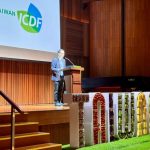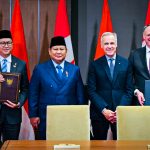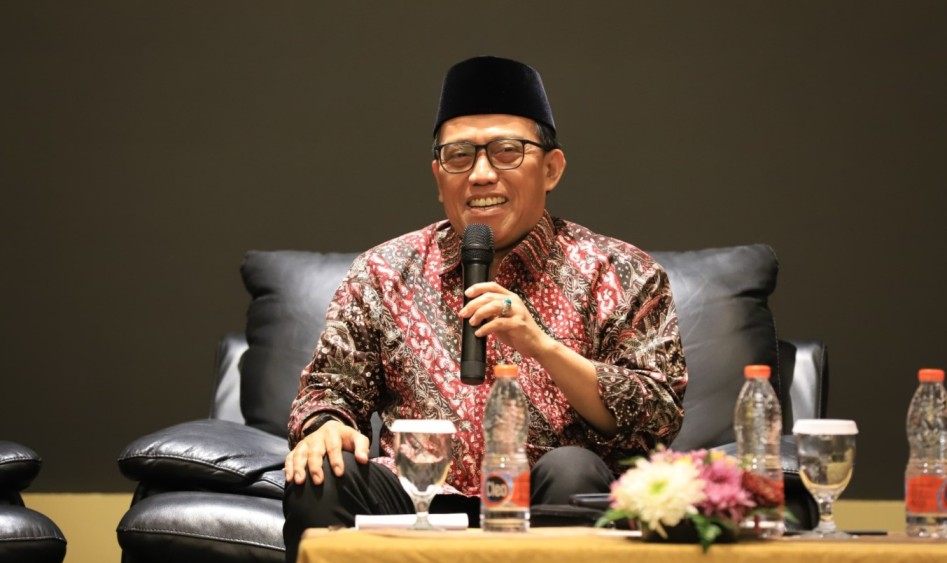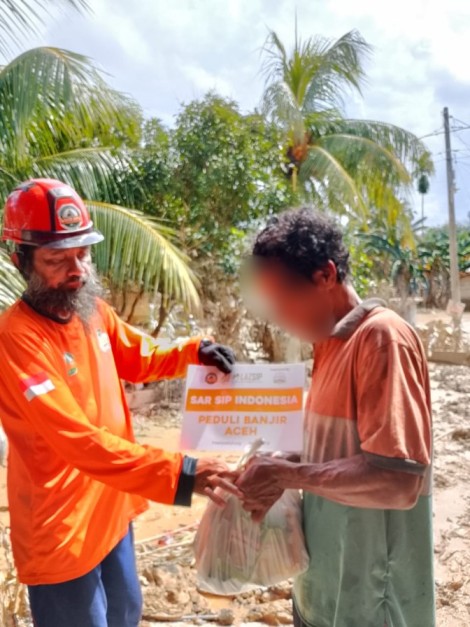RI, Japan explore cooperation in waste management

Jakarta (Indonesia Window) – The Indonesian Coordinating Ministry of Maritime and Investment Affairs collaborated with the Japanese Ministry of Environment to explore cooperation on waste management through the 6th Joint Committee on Waste Treatment, which was held on Tuesday (March 8).
This collaboration is a follow-up to the 5th Joint Committee which was held on February 19, 2021, as well as the joint working group discussion in May 2021 and January 2022, under the topics, ‘Off-taking Sustainability’ and ‘Urban Waste Value Chain Analysis’.
“In the meeting, we have explored several ideas for strengthening waste management mechanisms in Indonesia which are divided into two topics, namely the sustainability of off-taking RDF (Refuse-Derived Fuel) products and urban waste value chain analysis,” the Deputy for Environmental Management at the Coordinating Ministry, Nani Hendiarti, said in a written statement received here on Wednesday (March 8).
According to her, the two topics have a direct relationship with the Indonesian government’s efforts to accelerate the waste management.
The Indonesian government has set a target of 30 percent reduction and 70 percent handling of wastes on land, and 70 percent of handling marine debris by 2025.
During the meeting, local administrations in Japan promoted the construction of waste treatment facilities that could reduce environmental burdens together with the central government and the private sectors.
At the same time, the mechanism enables to distribute electricity to increase the value of the lands around the waste management facilities.
The waste management in densely populated areas in Japan has its own guidelines, including procedures for disposing of household wastes. The guidelines can also be accessed through the official website of the Japanese Ministry of the Environment.
Meanwhile, the Indonesian government in the last two years has accelerated the handling of solid waste issues, focusing on areas that require optimization of the waste management immediately, such as districts/cities included in the Citarum river basin program.
Regarding hazardous and toxic wastes, Nani said the government had taken a policy of providing incinerators as an action to deal with medical wastes.
Meanwhile, Deputy Minister of Global Environmental Affairs at the Japanese Ministry of Environment, Yutaka Shoda, hoped that the collaboration between the two countries on waste management would continue and this meeting could produce supportive regulations.
“I hope this meeting could contribute to sustainable waste management and improve the health and welfare of the community,” Shoda said.
Reporting by Indonesia Window

.jpg)








